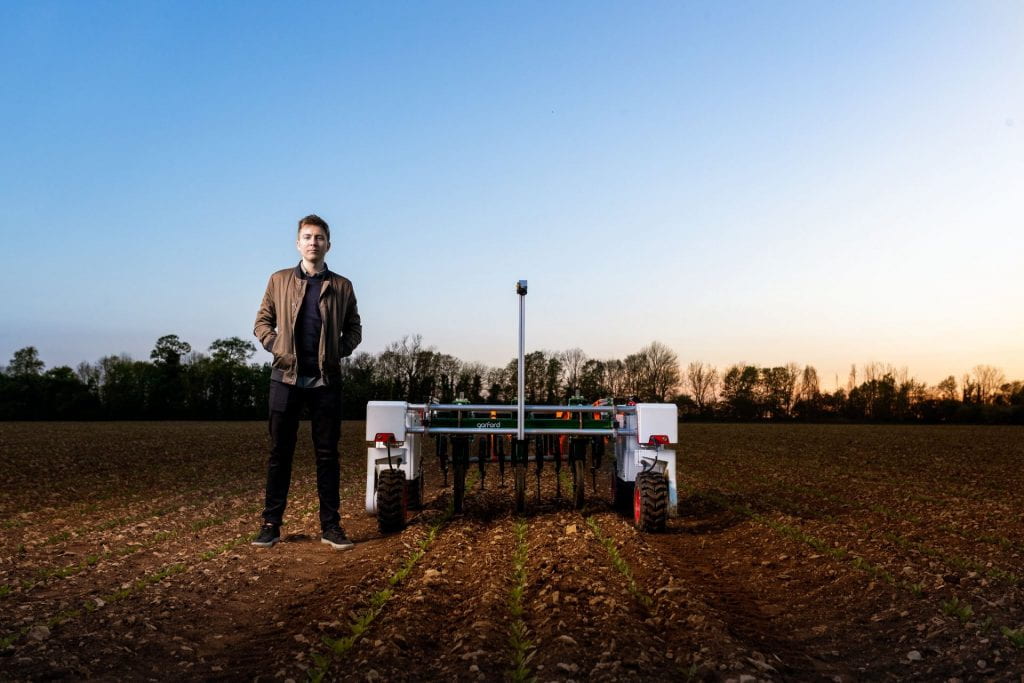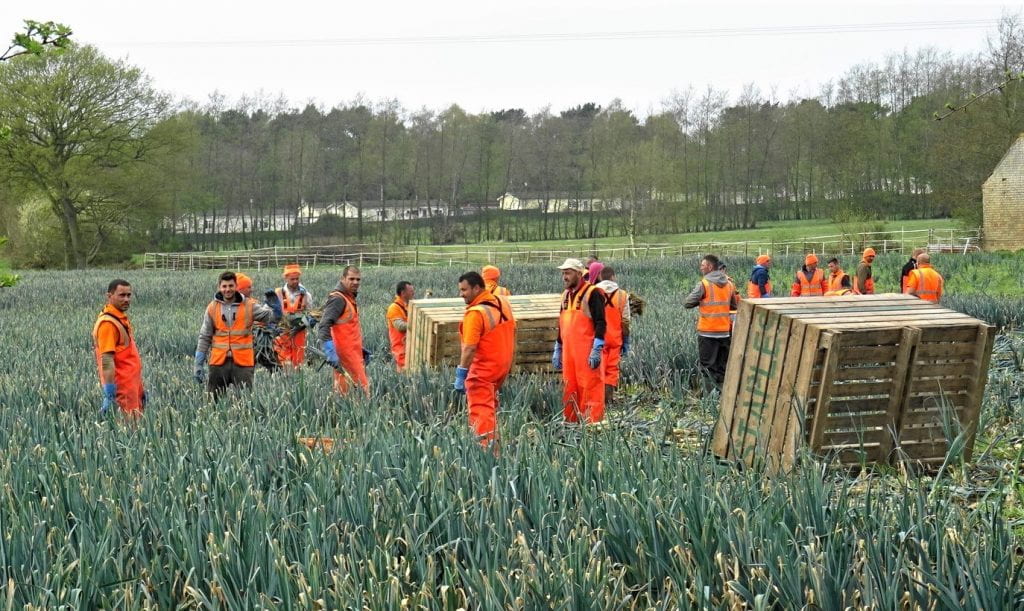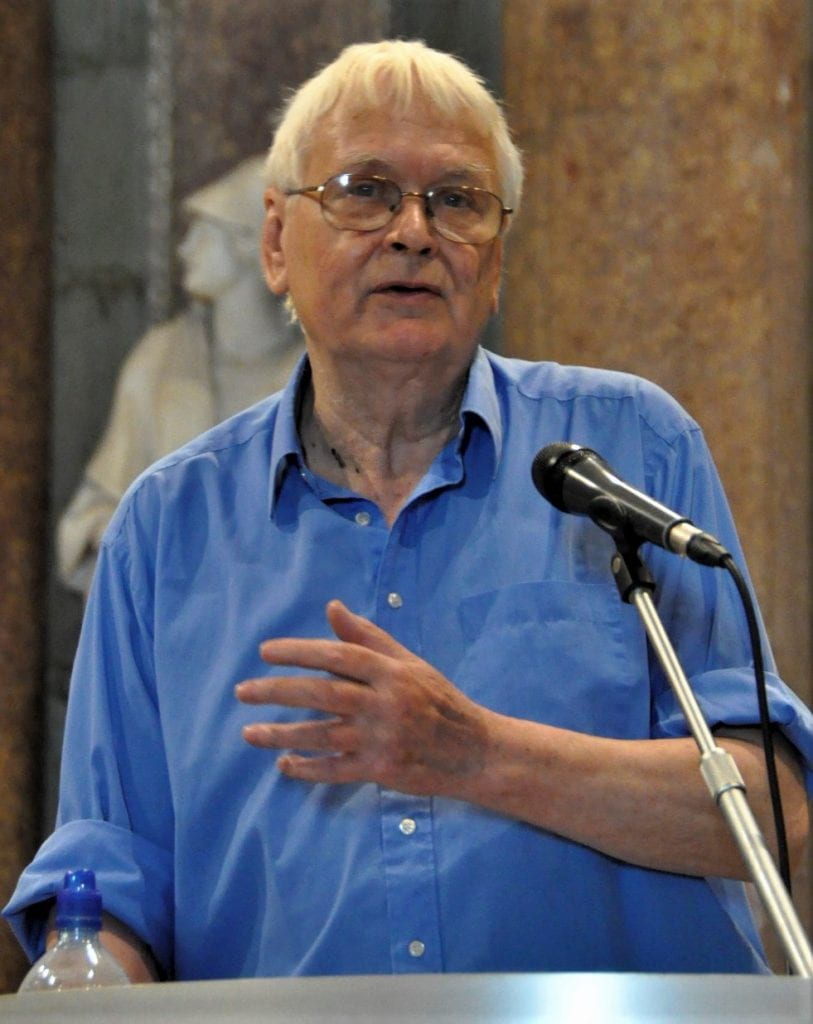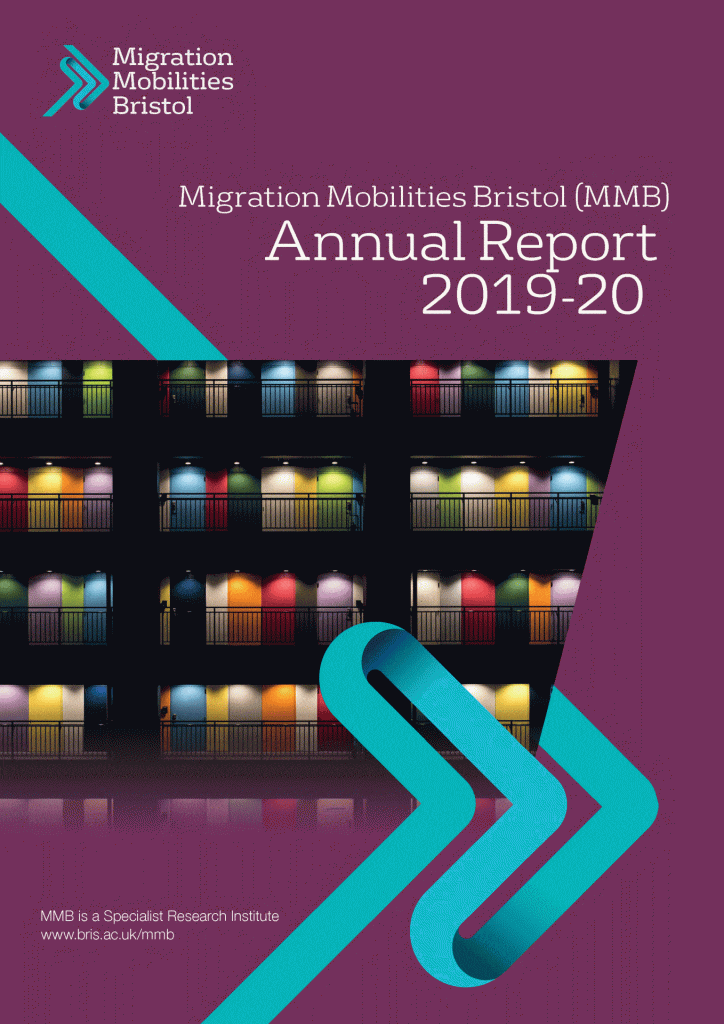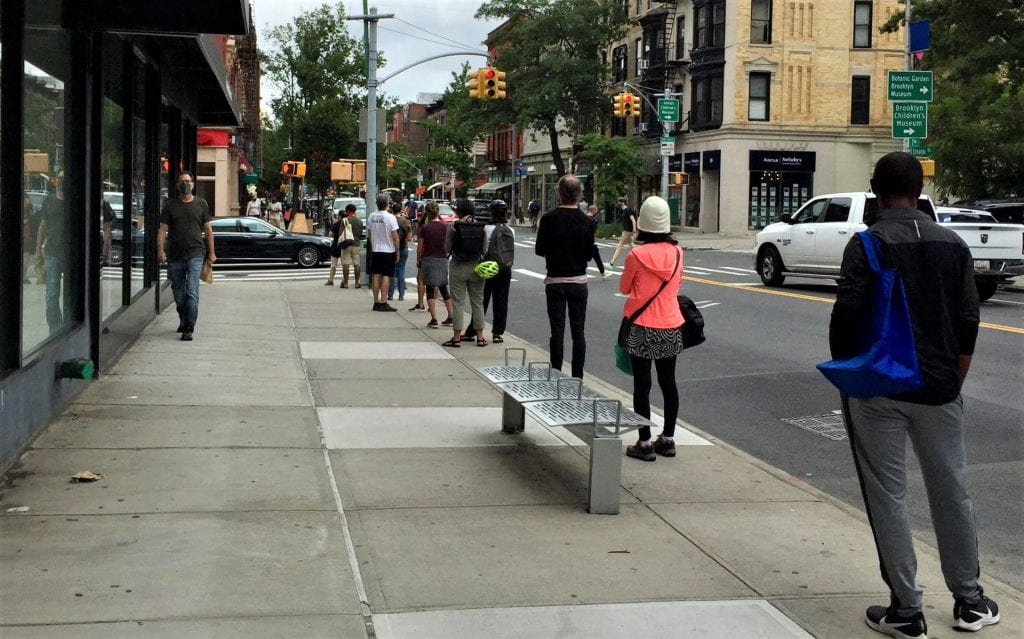By Jenna Holliday.
As we pass the 16 Days of Activism against Gender-based Violence and International Migrants Day this blog post considers the intersection of gender-based violence and migration against the backdrop of COVID-19 in two of the world’s most remittance reliant countries – Kyrgyzstan and Tajikistan.
Amongst the COVID-related migration research that I have undertaken since the pandemic hit, I have found one line of enquiry particularly compelling: the gendered impacts of COVID-19 on migrant women and women of migrant families. Kyrgyzstan and Tajikistan share several similarities that make them particularly interesting to research in this context. The lack of livelihood options – exacerbated by climate change – has given rise to increased seasonal and permanent migration (internal and international) to the extent that Tajikistan and the Kyrgyzstan are both in the top five states reliant on migrant remittances (remittances account for around 30 per cent of the GDP of both states).
Both countries also score relatively low in the Global Gender Gap Index 2020 rankings (with Tajikistan at 137 and Kyrgyzstan 93 of 153 states ranked). This reflects conservative traditional gender norms that have a significant influence over the lives of women who are seen as wives, mothers and homemakers. Although globalisation and international progress of women’s rights have led to incremental change in these states, it is often these more conservative norms and values that exert power and violence over women in times of crisis – such as these times of COVID-19.
In the context of Tajikistan and migration, women figure predominantly as the ‘left behind’. Most of Tajikistan’s international migrants are men – largely migrating to Russia – and while much of this migration starts off as seasonal, many migrants end up living permanently in other countries. This has resulted in Tajikistan’s labour migration being characterised by the prolonged absence of men and high divorce rates. In 2015, one in ten divorces in Tajikistan involved a migrant partner.
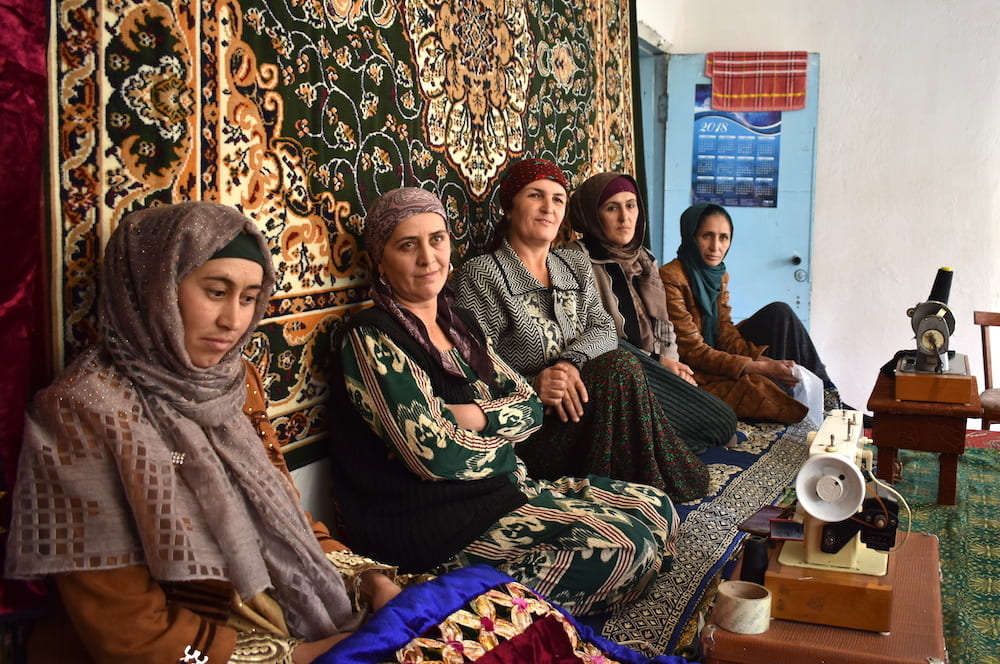
Women left behind in Tajikistan often have to care for children, with no money being sent home by their migrant partners. As a consequence, Tajik women have increasingly become heads of households, solely responsible for generating the family income. In rural areas they have been compelled to fill a demand for seasonal agricultural labour during the summer months. And older women (who find that younger women are securing traditional female jobs such as care work and cleaning) have increasingly found work informally as handywomen, which may include mowing grass, building garden beds and general labouring.
The COVID-19 pandemic effectively froze the migration corridor between Tajikistan and Russia. The lockdown in Russia resulted in widespread job losses while restrictions on movement meant that many Tajik migrants trying to return home were faced with grounded planes and closed borders. Even though there was a loss of remittances flowing back to Tajikistan, many families found money to send to the migrant relatives in Russia to tide them over. The pandemic also interrupted outmigration, with hundreds of thousands of Tajiks unable to travel to Russia for seasonal work. The compounding factors of lost remittances, returning workers and lack of seasonal migration added pressure to the economic situation and increased tension in migrant families and households in Tajikistan.
We know that the pandemic, the lockdowns and the resultant economic downturns have exacerbated gender inequalities globally, intensifying discriminatory and harmful norms and creating greater physical and economic insecurity for women. Based on research from across Central Asia, we can reasonably assume that in Tajikistan women’s responsibilities for domestic and care work have increased further. Data indicates that domestic violence has also increased: in part this can be attributed to the lack of seasonal migration, which typically reduces intimate partner violence. But what is not yet clear is the impact on the women who had become heads of household in their husbands’ absence. Did their (ex)husbands return and require support? Are the women still the breadwinners?
In Kyrgyzstan, by contrast, men and women have commonly migrated into the cities together in family units. But a rapid assessment undertaken by UN Women since the lockdown shows that 80 per cent of women now devote more time to unpaid domestic chores and care work – even though men and women suffered proportionate job loss. Women also reported that their work was moved to being homebased (for example, sewing work). For internal migrant women – many of whom are not registered as residing in the city – their home-based activities (both paid and unpaid) intensified while their limited access to transport, healthcare and other social services resulted in increased isolation.
The rise in violence against women during the pandemic has widely been attributed to heightened stress, economic insecurity, disruption of protective networks and controls on movement. In Kyrgyzstan cases of domestic violence increased by 65 per cent during lockdown. Service shutdown, risk of infection and the overriding social stigma attached to women who report domestic violence prevented women from accessing services or from leaving their abuser.
The impact of COVID-19 on migrant women and on women in migrant families in Tajikistan and Kyrgyzstan has illustrated how the pandemic has enhanced existing gender norms – to the detriment of women. It is vital that this is highlighted in post-COVID development policy and that women’s organisations are included in that discourse. There are already some positive signs of this. In Kyrgyzstan, a new Gender Council has been established under the Supreme Council (parliament), which will support national legislative and policy efforts in the field of gender equality, women’s empowerment and the mechanisms for preventing and responding to sexual and gender-based violence. The Gender Council will comprise representatives from government and non-government bodies including NGOs focused on women’s rights. In Tajikistan, the United Nations has responded to COVID-19 with a Socioeconomic Response Plan. This aims to empower women by ensuring they are involved in the dialogue around and implementation of the programmes within this plan. Continued research is needed, however, to make sure that ongoing initiatives such as these continue to respond effectively to the situations experienced by women.




